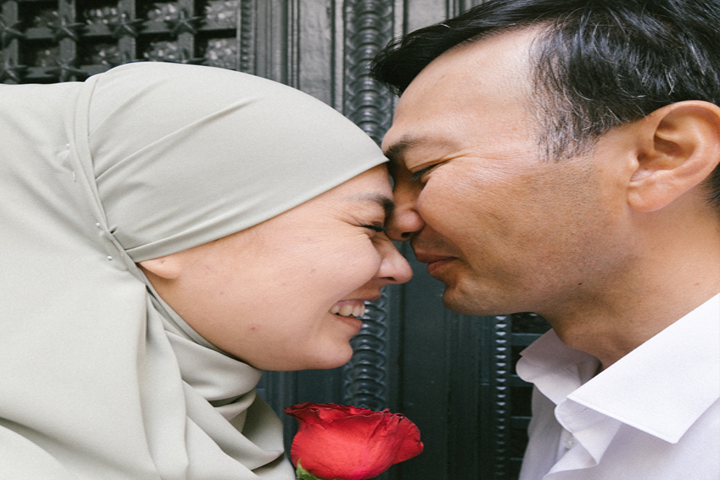
Muslim Marriage Act
10-Aug-2021 | Article by Legal White Official
Muslim marriage law has some major differences when compared with the marriage laws of other religions. As per the Muslim Marriage Act, the marriage or Nikah is not considered sacred, however it is considered as a contract between a man and a woman. This law, governs all the Muslim marriages in India. Polygamy became illegal in India in the years in the year 1956 for all citizens, however a Muslim man is exempted as he may take up to four wives at a given point in time according to the Act.
The law hasn’t defined any specific rituals for solemnizing a marriage, however there are few things which needs to be followed as those are compulsory. As mentioned earlier, as per the Islamic traditions, a marriage is a contract and because of this fact, it is obligatory to have the process of “Ejab-o-Qubool”, which mean to proposal and acceptance. The process is that, the man who intends to marry should make a proposal to the woman he wants to marry, in her response to the proposal, the woman may give her consent by clearly stating that, she accepts the proposal by the word “Qubool” which means to accept. This process is referred to as one of the pillars of marriage for Muslims. Apart from this, according to the Muslim marriage Act, a boy and a girl can marry once they have attained puberty. There are witnesses required for almost all Sunni Marriages, however in case the parties are Shia, there is no need for any witnesses. The law also states that, the parties should not be related by blood or fosterage.
It is also interesting to note that, according to the law, a Muslim woman is entitled to get “Mehr” or dower from her husband. It is a mandatory act for the husband as it is considered a way to show respect to his wife. The dower can be anything from gifts or money or property (movable or immovable) etc. The law also prescribes that a marriage certificate should also be issued once the marriage gets registered. It is often referred to as Marriage Certificate or Islamic Marriage Certificate. This certificate generally contains the names and addresses of the parties along with the names of the witnesses and their addresses etc.
Now that we have some understanding about the marriage act for Muslims, it is important to briefly discuss about the divorce for a Muslim couple. Divorce is something which is not forbidden. The Muslim man can get divorced from his wife. As per the law, a Muslim couple may live separated for a maximum of four months without getting divorced. The Dissolution of Muslim Marriage Act, 1939 talks about as to how a woman can get divorced from her husband. According to this act, a Muslim wife may claim divorce on the judicial and extrajudicial methods.
Another important topic we should discuss is about the validity of Nikah. Question might arise as to whether Nikah is valid in India or elsewhere. A simple answer to this NO, however the Muslim Marriage Act has been implemented for undertake this very question. As per the Muslim marriage Act, all marriages have to be registered in accordance with the law and once done, it becomes valid. Let us take an example of a country South Africa. Per say, Nikah is not valid in South Africa, however if one registers a marriage under marriage act 25 of 1961, the marriage gets recognized and becomes valid under the eyes of their constitution.
